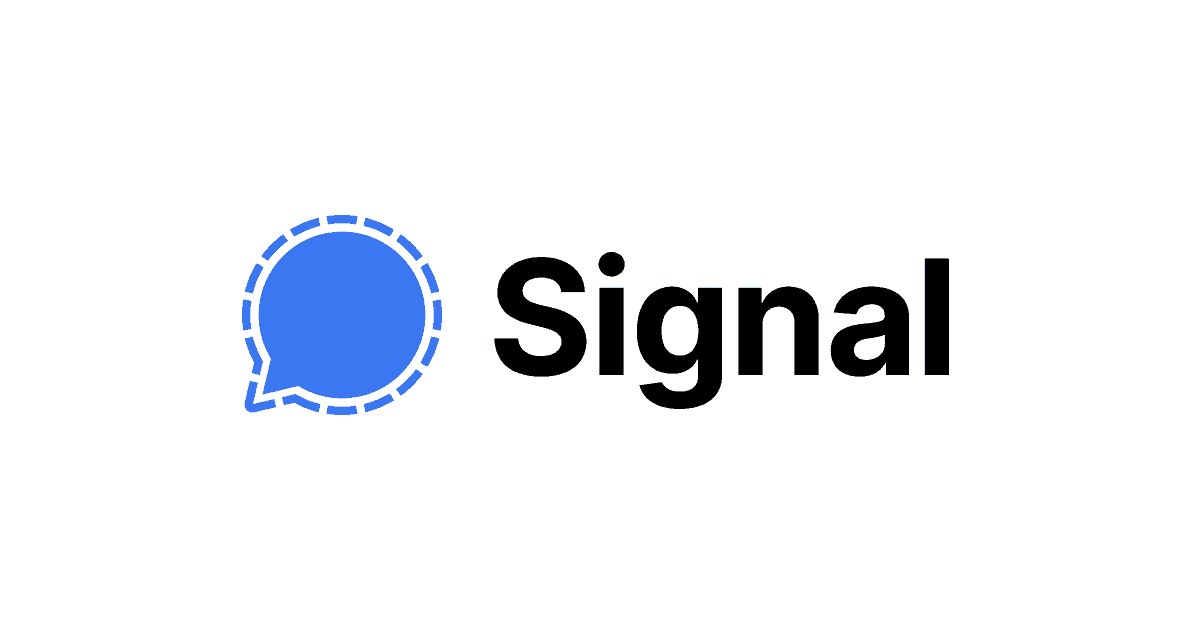The landscape of digital communication has evolved, with messaging apps taking center stage. They’ve become the backbone of how people connect, whether it’s for quick updates or lengthy conversations. Consumers now expect messaging apps to offer not only instant and reliable text exchange but also robust features such as group chats, file sharing, and video calls. The challenge lies in choosing the best messenger app from the plethora available, each claiming to be the top pick with various advances in security, user interface, and functionality.
Evaluating messaging apps requires a look at several key aspects: security, privacy, and ease of use. Security is paramount, as users want to ensure their conversations remain protected. Privacy features, like end-to-end encryption, give confidence that messages are seen only by the intended recipients. Lastly, an app’s simplicity and smooth performance can make or break a user’s experience. It’s about finding the balance between comprehensive features and a clutter-free environment.
🔒 1. Signal
- Best for: Privacy-first communication
- Why it stands out: Open-source, end-to-end encryption by default, no ads, and minimal data collection.
- Features:
- Self-destructing messages
- Secure voice & video calls
- PIN-based account recovery
- Pros: Maximum privacy, trusted by security experts
- Cons: Smaller user base compared to WhatsApp/Telegram
(source: PCMag)
🌍 2. WhatsApp
- Best for: Global communication
- Why it stands out: 2.5B+ users worldwide, making it the most universal messaging app.
- Features:
- End-to-end encryption
- Voice & video calls, group chats
- Business integration tools
- Pros: Huge user base, reliable across regions
- Cons: Meta ownership raises privacy concerns
(source: Citanex)
⚡ 3. Telegram
- Best for: Large communities & versatile features
- Why it stands out: Cloud-based, supports massive groups & channels.
- Features:
- File sharing up to 2GB
- Bots for automation
- Secret chats with encryption
- Pros: Fast, flexible, feature-rich
- Cons: Encryption not default for all chats
(source: DigitalTrends)
🍏 4. iMessage (Apple Messages)
- Best for: Apple ecosystem users
- Why it stands out: Seamless integration with iOS, macOS, and Apple Watch.
- Features:
- End-to-end encryption
- Rich media (stickers, effects, payments)
- RCS support for Android texts (2025 rollout)
- Pros: Smooth Apple integration, strong security
- Cons: Locked to Apple devices
💼 5. Microsoft Teams / Slack (Work Collaboration)
- Best for: Professional communication
- Why it stands out: Combines messaging with productivity tools.
- Features:
- Threaded conversations
- File sharing & cloud integration
- Video meetings
- Pros: Great for teams & businesses
- Cons: Overkill for casual use
🎮 6. Discord
- Best for: Communities & group chats
- Why it stands out: Originally for gamers, now a hub for communities.
- Features:
- Voice channels & video streaming
- Bots & moderation tools
- Community servers
- Pros: Excellent for group engagement
- Cons: Can be overwhelming for simple messaging
✨ 7. Google Messages (RCS)
- Best for: Android native messaging
- Why it stands out: RCS (Rich Communication Services) brings modern features to SMS.
- Features:
- Typing indicators & read receipts
- High-quality media sharing
- End-to-end encryption for 1:1 chats
- Pros: Built-in for Android, SMS fallback
- Cons: Limited adoption outside Android
✅ Choosing the Right App in 2025
- For privacy: Signal
- For global reach: WhatsApp
- For communities: Telegram or Discord
- For Apple users: iMessage
- For work: Teams or Slack
- For Android users: Google Messages (RCS)
Key Takeaways
- Messaging apps are central to modern communication.
- Security, privacy, and user experience are vital features.
- Choosing the best app involves balancing features and simplicity.
Evaluating Messaging Apps
When choosing messaging apps, one should consider features for chatting, privacy, the ability to work across platforms, and how easy and enjoyable the app is to use. They should also reflect on how well the app meets their specific needs.
Core Messaging Features
The core functions of messaging apps include sending text messages and engaging in text chat. Group chats are essential for coordinating with multiple people at once. Instant messaging allows users to communicate in real-time. Apps like Signal Private Messenger facilitate private conversations.
Privacy and Security Aspects
Privacy is crucial in messaging apps. End-to-end encryption protects messages from being seen by anyone other than the intended recipient. Apps like Signal also offer self-destructing messages to further ensure privacy. User data protection is vital to prevent misuse.
Platform Integration and Additional Features
A good app works on different devices, such as Android phones, iPhones, and tablets. Features like voice and video calls add to the app’s value. For instance, Discord offers bots and integrations for gamers, while Slack focuses on productivity tools for collaboration.
User Experience and Interface
Apps should be easy to use with an intuitive interface. An accessible dark theme can help with reading in low-light conditions. The overall design should make navigation simple, encouraging frequent use of the app.
Specific Messaging Service Analysis
Each app caters to different user needs. Discord is popular among gamers. Slack is well-suited for workplace communication. Facebook Messenger offers many social networking features. WeChat provides a broad array of functions beyond messaging, including payments and services.







